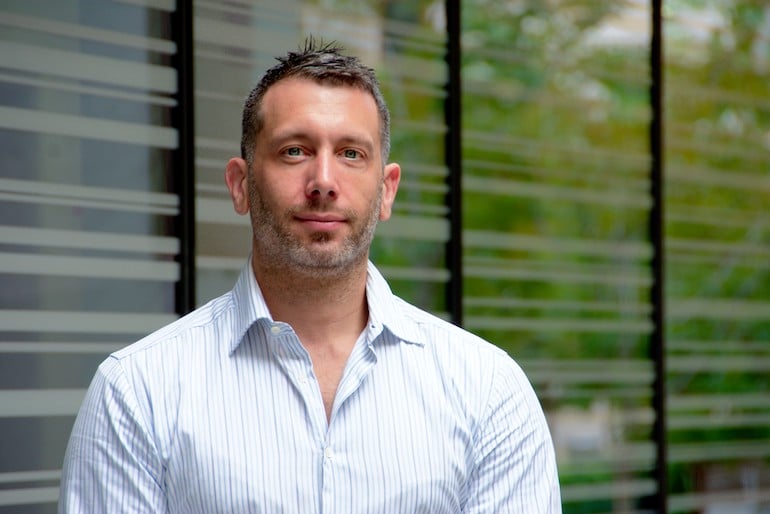Sydney cultured meat startup Vow Foods has created the world’s first edible protein developed from the DNA of an extinct animal – the woolly mammoth.
Pitching their technology as a solution to climate change – and using the mammoth as “a monumental symbol of what we stand to lose now” – Vow unveiled its latest experiment in cultured meat (flesh grown from animal cells) in Amsterdam on Tuesday night, Australian time, at the Food Futurism conference.
The meat was produced using molecular engineering that involved cells inserted with real mammoth DNA with gaps in the sequencing filled by African elephant DNA, the mammoth’s closest living relative.
The Western Sydney-based startup began producing lab-grown meat from pork and kangaroo cells in 2019. It’s since produced flesh from a range of animal cells, including rabbit, mice, goat and water buffalo, and even alpaca. It’s explored putting more than 50 species of lab-grown meat on plates, including fish.
Vow is backed by Australia’s leading venture capital funds, including Blackbird and Square Peg, as well as Grok, the family fund of Mike Cannon-Brookes. It raised $7.7 million in a seed round in January 2021, then a record $73.5 million Series A in November last year.
Vow’s lab-grown mammoth meatball. Photo: Aico Lind.
Bringing a theatricality worthy of PT Barnum to Vow’s science and story, the concept for a mammoth meatball was developed by Bas Korsten, chief creative officer at advertising agency Wunderman Thompson. Korsten was responsible for the 2016 project The Next Rembrandt, an artificial intelligence 3D-printed painting produced after the AI trawled the complete works of the Dutch Renaissance painter.
A slick video calling on regulators to keep up with the changing technology Vow is pioneering was released as part of the mammoth meatball project, arguing the startup has the solution to climate change. It ends with the tagline “Let’s eat our way out of extinction”.
Vow cofounder Tim Noakesmith says in the video that “we want to change everyone’s conception of what meat is”, adding that the company’s ambition is “to feed billions of humans”.
“Cultured meat significantly reduces the climate change impacts that’s normally associated with regular meat production,” he said.
“The world needs cultured meat now.”
Singapore is the only country in the world where cultured meat is legal for human consumption. Vow is planning to serve cultured quail meat there in a concept restaurant called Morsel currently offering sign ups to try a “world-first dish”.
Noakesmith argues that cultured meat can be designed for both taste and nutritional value to normal meat alongside its environmental benefits.
The startup enlisted University of Queensland Prof Ernst Wolvetang from the Australian Institute for Bioengineering to develop the mammoth meat, using sheep myoblast stem cells to get things replicating.
The Mauritian dodo was the original plan, but that idea was thwarted by the fact that the DNA sequence doesn’t exist, even though there’s regular talk of bringing the flightless bird back to life 370 years after humans wiped it out.
It’s probably for the best since the dodo is often used as an exemplar of the triumph of tech over those who fail to adapt quickly enough.
A 2021 paper prepared by London think tank Chatham House argued that the production of food is the primary cause of biodiversity loss globally.
In a world where so many animals are currently being driven to extinction, not out of a desperate need for their flesh, but because they’re a cult craving, a superstitious medicine, a valuable byproduct, or simply wiped out by land clearing in order to grow crops (does that include legumes for plant-based “meat”?) and livestock, as well as for development for growing populations, the challenge for Vow and its investors is whether it should produce proteins everyone can afford, or cater for the thrill and high profit margins of eating lab-grown meat that’s not just the product of dead animals, but even extinct ones.
Tassie tiger snags, anyone?
Here’s the mammoth meatball video:











